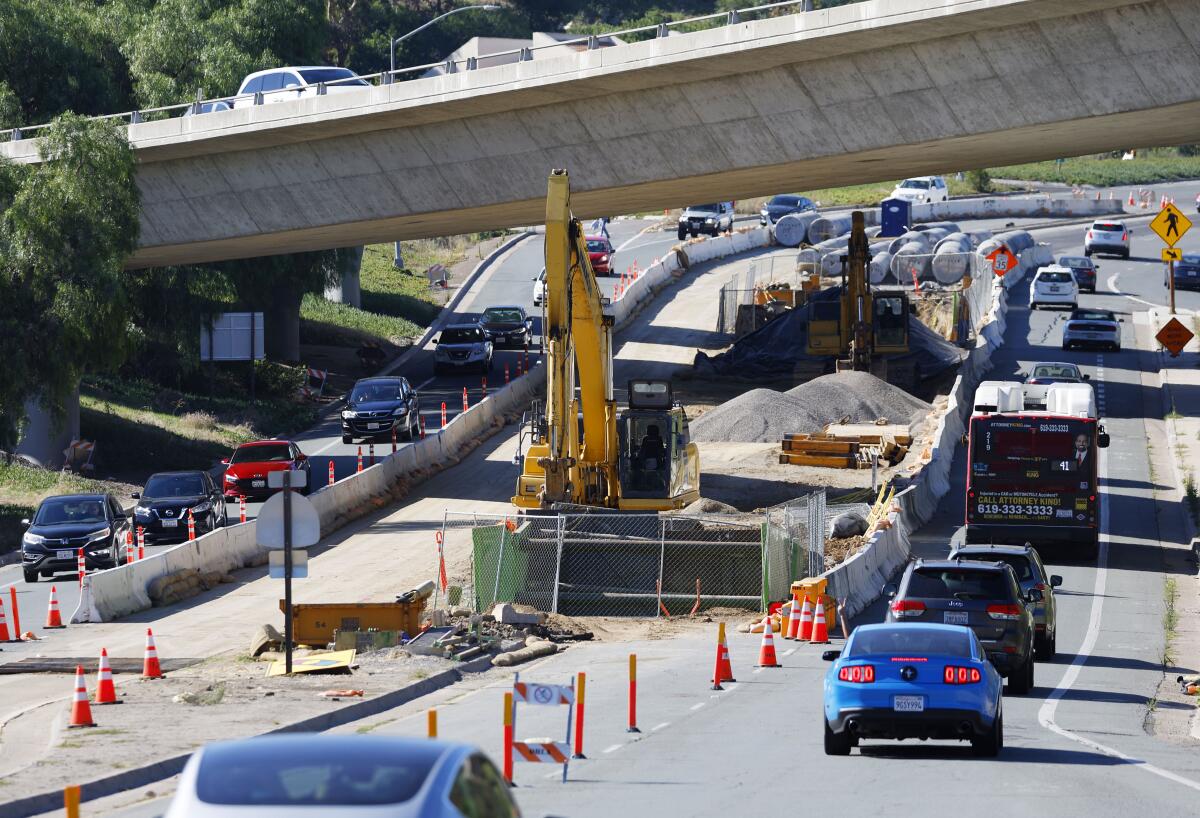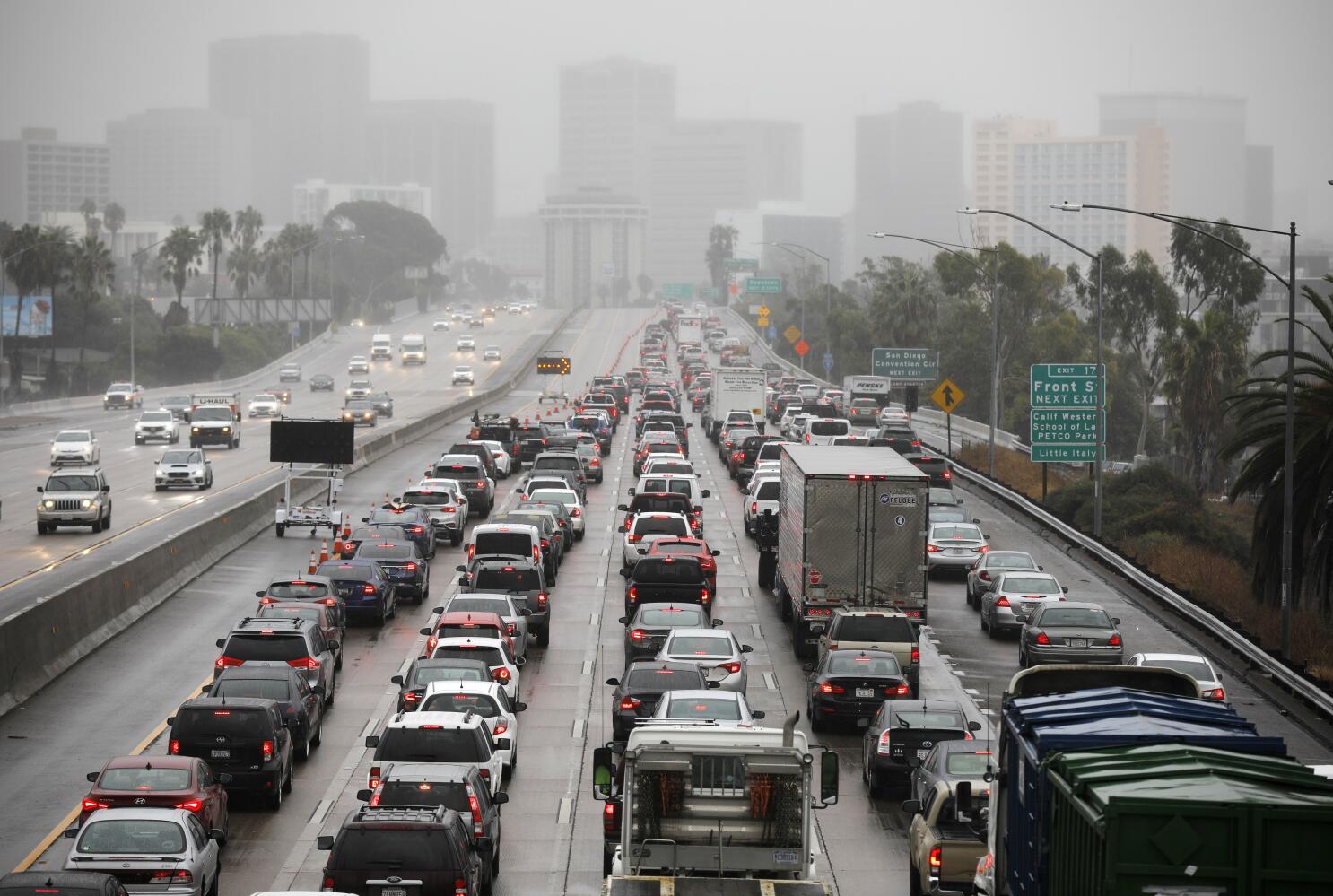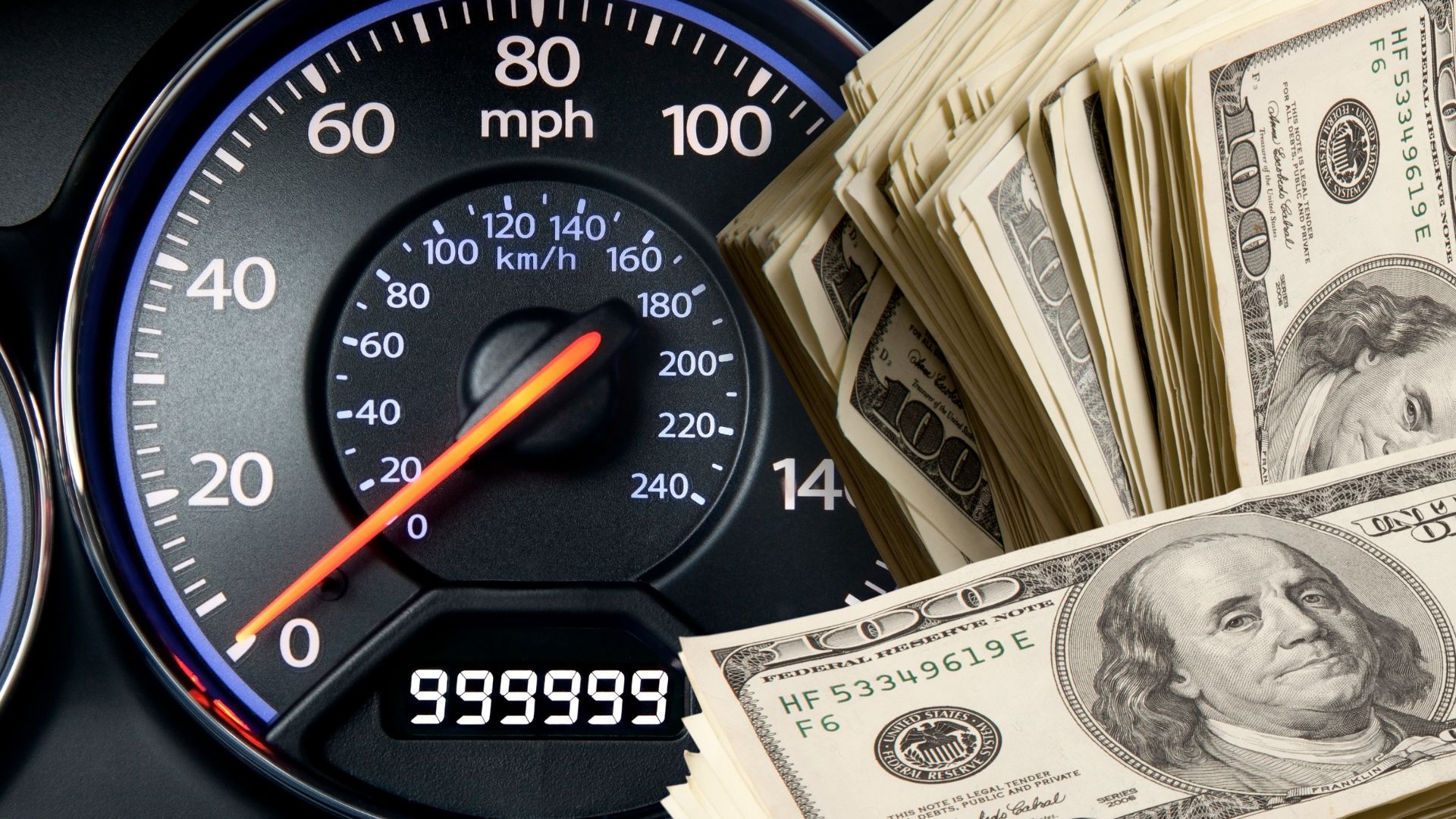In California, a state known for its vast highways and as a hub of technological innovation, a significant shift is underway. As the popularity of electric vehicles (EVs) surges, the traditional method of funding road maintenance through gas taxes is proving insufficient and arguably, unfair.
“What’s happening right now as we see this growth in different types of vehicles… we’re seeing this increasing unfairness in what people are paying,” stated Lauren Prehoda, manager of Caltrans’ Road Charge Program, in a conversation with the Los Angeles Times.

The Pilot Program: A Test Drive Towards Equity
Starting in August, California will embark on a groundbreaking pilot program designed to test alternatives to the gas tax, aiming to create a more equitable system of funding highway and road repairs.
This innovative approach will involve paying drivers of any vehicle type up to $400 to participate in a six-month trial. The program seeks to shift the tax burden from fuel consumption to mileage, reflecting the actual use of road infrastructure more accurately.
This isn’t the state’s first rodeo; it marks the fourth pilot program attempting to adapt to the increasing shift toward electric cars. Last year alone, Californians purchased a record 446,961 new electric vehicles, marking a 29% increase from the previous year, signaling a clear trend towards sustainable transportation.

Two Flavors of Mileage Tax
Participants in the pilot can expect to test one of two taxation models. The first is a flat per-mile rate, simple. The second model introduces a tiered system, where rates are adjusted based on a vehicle’s fuel efficiency.
“The program will test two alternative taxes, either a flat per-mile rate or an individual rate based on a vehicle’s fuel efficiency,” Prehoda explained. This nuanced approach aims to balance fairness with incentives for maintaining efficient, less polluting vehicles.

Joining the Pilot: A Civic Opportunity
The state is currently calling for about 800 volunteers to join this explorative initiative. Those interested can apply online, with selections to be announced in July. “This is your opportunity to figure this out together with us; to solve an issue that the state of California has,” Prehoda urged, highlighting the community aspect of the project.
Participants will choose from three methods to report their mileage, ranging from low-tech solutions to those involving location sharing.
California already has a pilot program for taxing drivers for each mile they drive:
https://t.co/7tuXqBqYDs— TopSecretGunner (@topsecretgunner) May 15, 2024
Looking Ahead: California’s Greener Future
In line with its ambitious environmental goals, California has also declared that by 2035, the sale of new gasoline-powered vehicles will be banned. This bold move underlines the state’s commitment to reducing its impact on climate change and paving the way for a sustainable future. The outcomes of this pilot could set a precedent for how modern societies fund their infrastructure in an era of electric mobility.
In essence, California’s approach to revising road taxation is more than just a fiscal reform; it’s a step towards ensuring that as the automotive landscape evolves, so does the way we support and maintain our roads. It’s a journey towards fairness, efficiency, and sustainability, driven by the needs of today’s Californians and the generations to follow.










